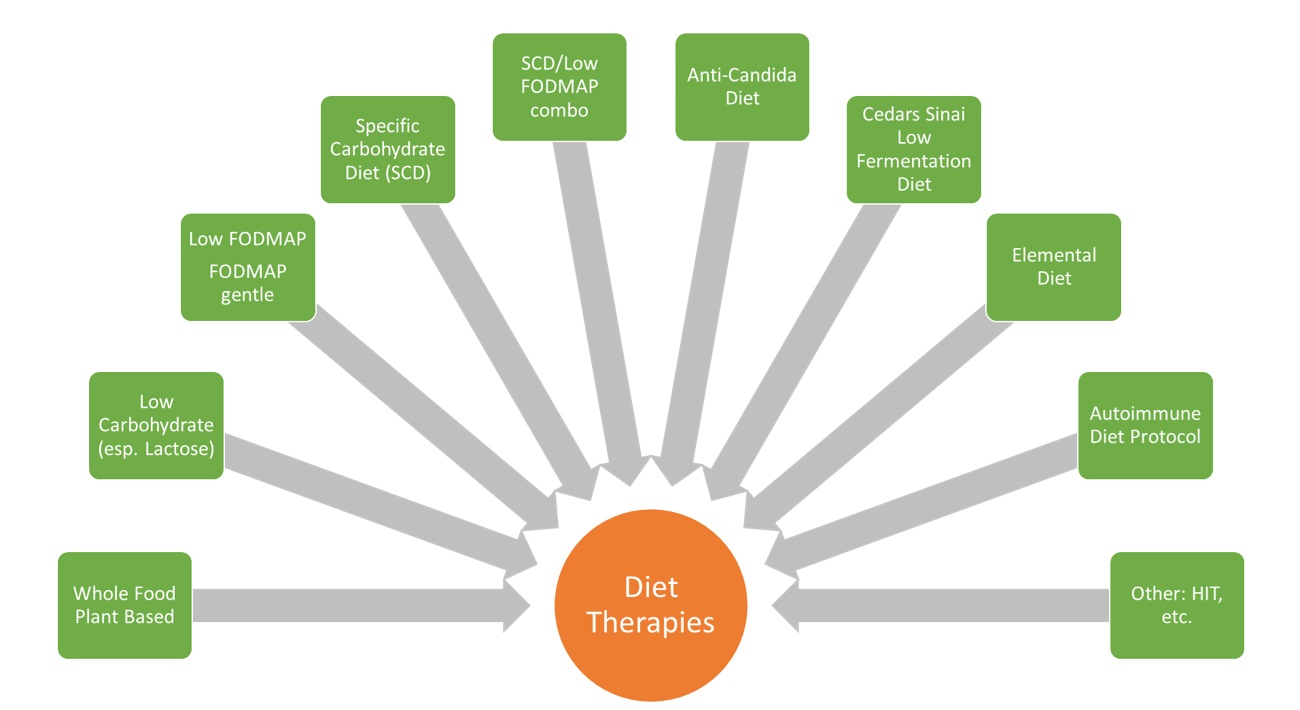
The small intestine isn't as good a host for bacteria and fungi as the large intestine. However, due to specific reasons, we might find an overgrowth of bacteria and fungi in the small intestine. When there is a bacterial overgrowth, it is called Small Intestinal Bacterial Overgrowth or SIBO. When there is a fungal overgrowth, it is known as Small Intestinal Fungal Overgrowth or SIFO. Most people suffer from one of these problems. The focus of this article is SIFO, or how fungal overgrowth affects our gastrointestinal health. Even people with strong immunity can suffer from this problem, so one should keep an eye on their health.
Functional medicine focuses on identifying and addressing the root cause of this condition with a patient-centered approach.
Check for these Symptoms
Since it is a gut-related condition, the symptoms include:
- Bloating
- Gas
- Abdominal pain
- Nausea
- Belching (dakar in Hindi)
- Diarrhea
- Indigestion
- Headache
- Fatigue
- Joint pain
- The higher estrogen levels in females make them more likely to develop SIFO

Causes of SIFO
- Using too many Proton Pump Inhibitors (PPIs): High acid levels in our gut often cause problems like acidity, heartburn, GERD (Gastroesophageal Reflux Disease), etc. PPIs are medicines that reduce the acid levels in the body. However, if the acid levels are too low, both bacterial and fungal overgrowth occurs, leading to SIBO and SIFO.
- Gut dysmotility: It is also known as intestinal muscular weakness and can also cause SIFO. It is a disorder that can result from illnesses like diabetes, lupus, and Ehlers-Danlos syndrome.
- Frequent use of antibiotics: Antibiotics cannot tell the difference between harmful and beneficial bacteria. As a result, while they remove harmful germs from your stomach, they also remove healthy bacteria that keep your gut healthy. Thus, this may provide harmful microorganisms with the chance to grow and cause SIFO.
- Using medications that lower your immunity levels: Some medicines have the unintentional side effect of declining your immune system's capacity to fight, which makes it more difficult for your body to fight against bacterial or fungal infections.
- Colectomy: Studies indicate that having a colectomy increases the risk of developing SIFO.
Functional Medicine Approach for SIFO
Functional medicine uses an integrated, science-backed approach to combat SIFO and promote overall well-being. It includes taking a glance at your genetic makeup, lifestyle habits, and environmental influences.
Functional medicine experts will help you to identify the root causes of inflammation, improve digestion and repair the gut microbiome, alleviate fatigue, balance hormones, and optimize all aspects of your well-being.

Dietary changes to be made to Treat SIFO
Dietary treatment is essential in helping to rebuild the digestive system. The use of antifungal medications can help remove fungi, but they won't help rebuild the microbiome or digestive system. Having enough nutrients in the body is essential for recovering from overgrowth and preventing its recurrence. Most people try anti-candida diets with limited success. Candida is a subset or type of SIFO. This diet deprives yeasts of the sugars they require to grow and multiply, but it is a very restrictive diet that most people cannot maintain for the long term. Sugar, dairy, mold, and other immunoglobulin-provoking foods (IG) should be avoided in this diet. In simple terms, immunoglobulins are proteins produced by your immune system to fight off bacteria and fungi, for example. One needs a low-protein diet.
Conclusion
The SIFO diet is regarded as an effective treatment. However, it only addresses the symptoms and may not address the underlying problem. A functional medicine expert can guide you through your alternatives before you implement any dietary modifications in your treatment plan.
Even while the procedure of gut healing can involve a few trials and errors, the outcomes are well worth it!


.png)


